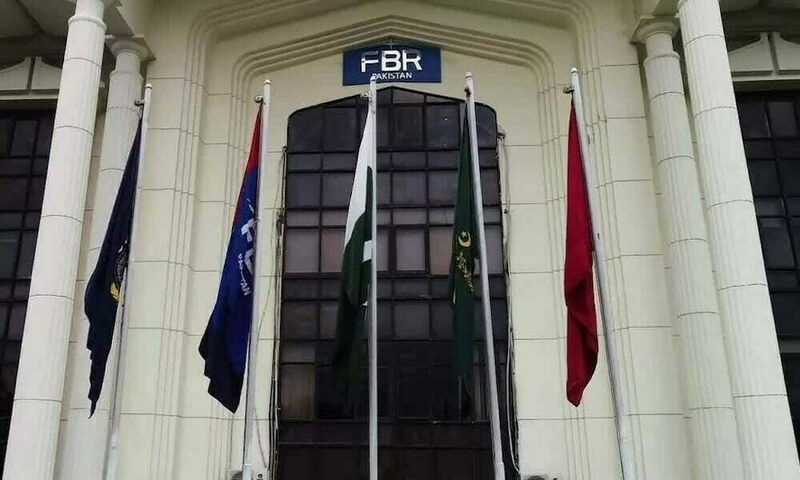ISLAMABAD: The Federal Board of Revenue (FBR) on Wednesday said the country’s tax-to-GDP ratio rose by 1.5 percentage points in FY2025, reaching 10.6 percent compared to FY2024 – a notable advance towards the government’s goal of 13 percent under its three-year reform agreement with the International Monetary Fund (IMF).
In a briefing to Prime Minister Shehbaz Sharif, who chaired a high-level meeting to review the FBR’s reform agenda, officials said that the number of tax filers had increased from 4.5 million in 2024 to more than 7.2 million by the end of June 2025.
Sharif welcomed the gains, calling the rise in tax compliance encouraging, but cautioned that continued progress would depend on deep and sustained reforms at the FBR, the country’s primary tax authority.
FBR seeks 18pc tax-to-GDP ratio by 2027-28
He praised the improvements in revenue collection – particularly what he described as a “historic” increase in the tax-to-GDP ratio – but stressed that further modernisation was needed to align the tax system with international norms.
“Meeting targets is commendable, but our real challenge is building a sustainable and contemporary tax system,” Sharif said, according to a statement issued by the Prime Minister’s Office. “Reforms must be implemented within a fixed timeline, with the input of all relevant stakeholders.”
Officials said that recent efforts to formalise the retail sector – including integration through the FBR’s Point of Sale (POS) system and enhanced enforcement – had yielded an additional Rs45.5 billion in tax revenue compared with the previous financial year.
They also highlighted early successes of the FBR’s new “faceless” customs clearance platform, a digitisation initiative designed to curb corruption and improve efficiency.
The system has already bolstered revenue, officials said, and is expected to cut average clearance times from 52 hours to just 12 hours within three months.
To further streamline operations, the agency has launched remote case hearings via video link – a move aimed at expediting decisions and minimising in-person interactions.
Additional measures, officials added, have reduced the weighted average tariff on imports by 2.16 percent – a change expected to lower input costs for manufacturers and support industrial growth.
Tax collection in the retail sector rose by Rs455 billion on the previous year, driven by the integration of point-of-sale systems and tighter enforcement.
Officials also told the meeting that recent reforms had reduced the weighted average tariff on imports by 2.16 per cent, lowering raw material costs and supporting domestic industry.
Sharif directed the FBR officials to deliver a comprehensive implementation plan for the next phase of reforms within a week. That plan, he added, should include restructuring the agency’s digital wing and actionable timelines for execution.
He also emphasised the importance of expanding the tax base – especially into the informal sector – while easing the burden on compliant taxpayers.
“The convenience of businesspeople, traders, and taxpayers must be ensured as we move forward,” he said, underscoring that the reform process should remain people-centric.
Officials also noted that better use of economic data would help track production across industrial sectors and improve coordination with relevant government agencies. Recommendations from international consultants – particularly in digital taxation and compliance – will be incorporated as part of the FBR’s ongoing modernisation drive.
The prime minister concluded the meeting by commending FBR personnel for their efforts but warned that real reform would require discipline, transparency, and sustained commitment.
The meeting was attended by senior government officials, including Information Minister Ataullah Tarar, Economic Affairs Minister Ahad Cheema, Law Minister Azam Nazir Tarar, the FBR chairman Rashid Langrial, and other senior officials.
Copyright Business Recorder, 2025
